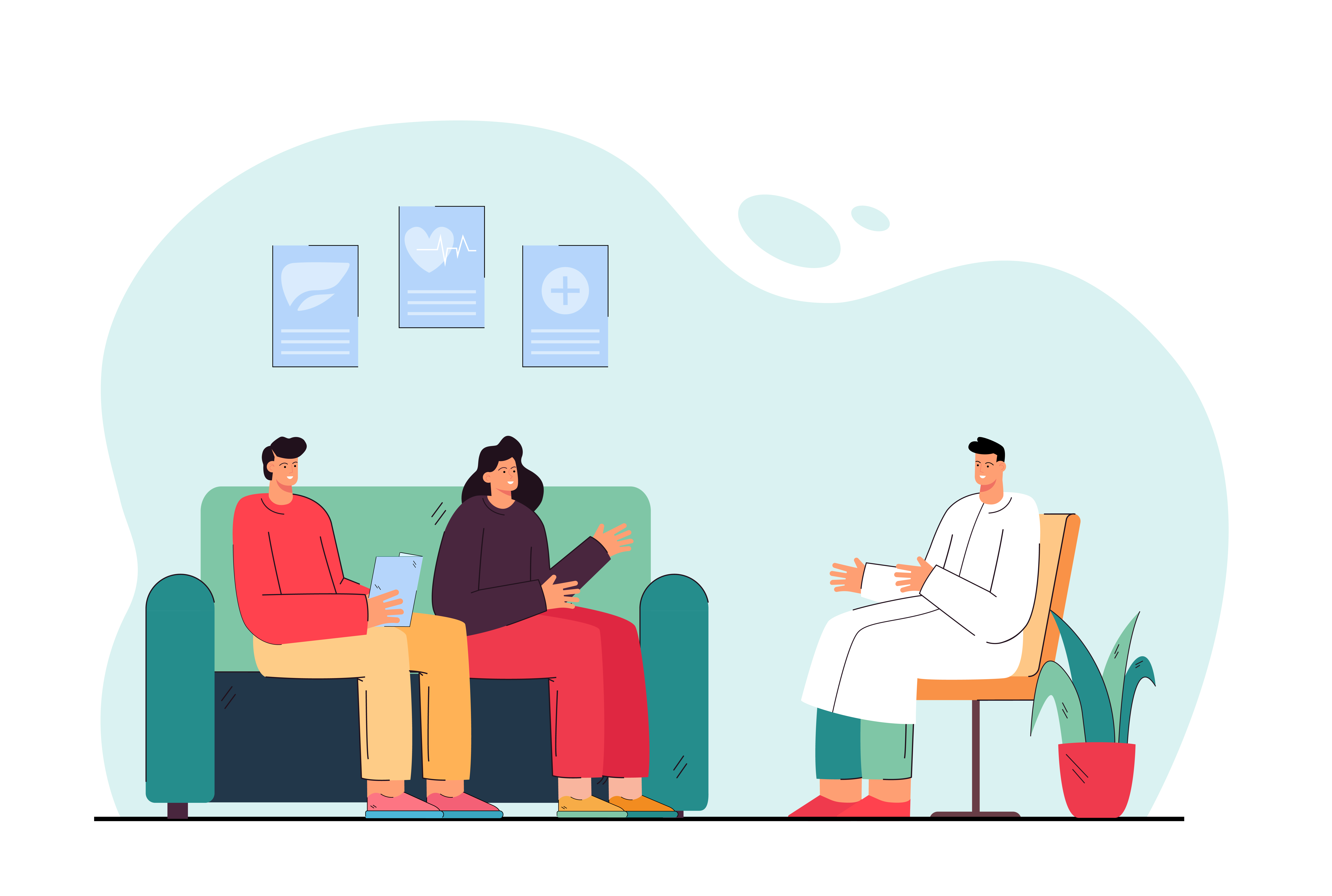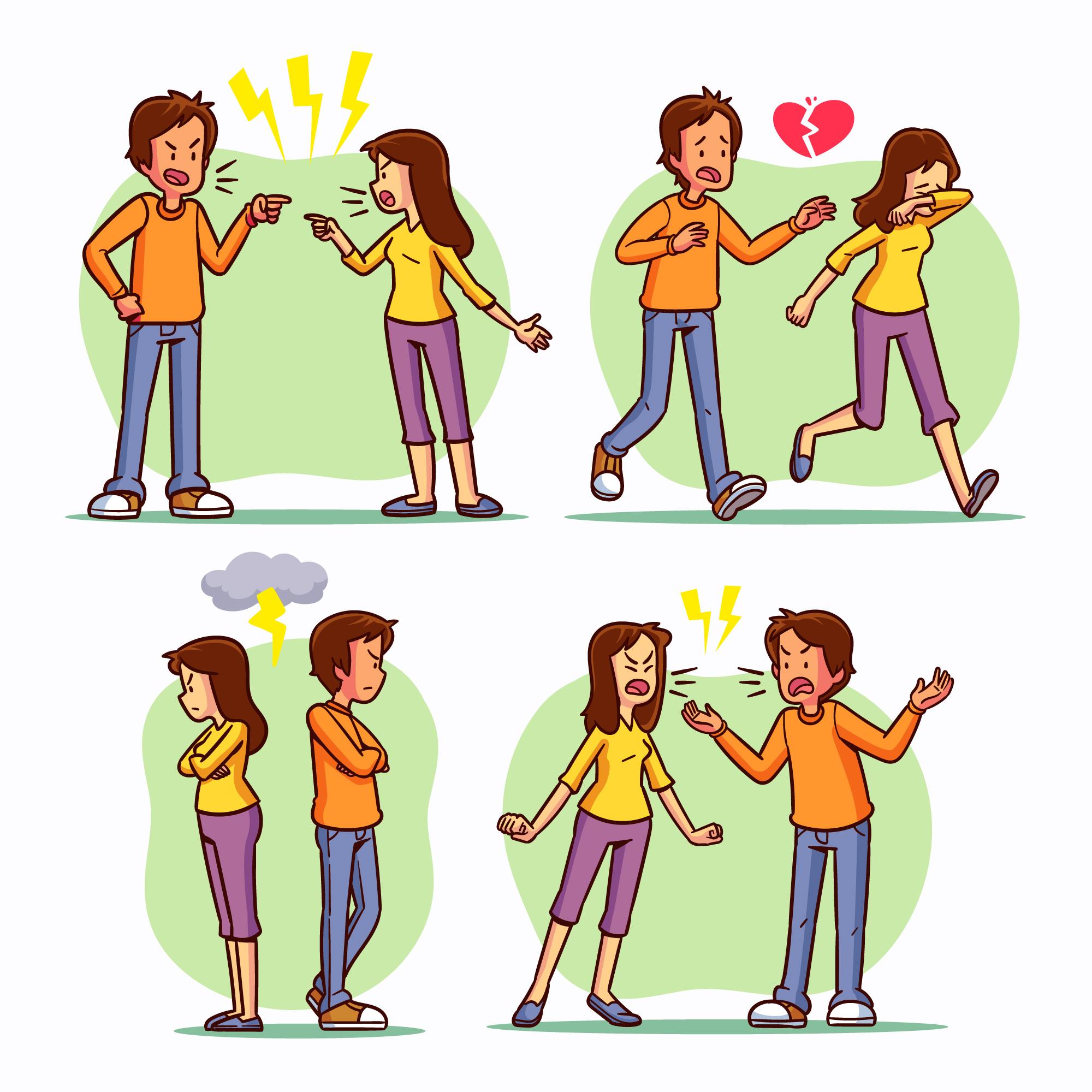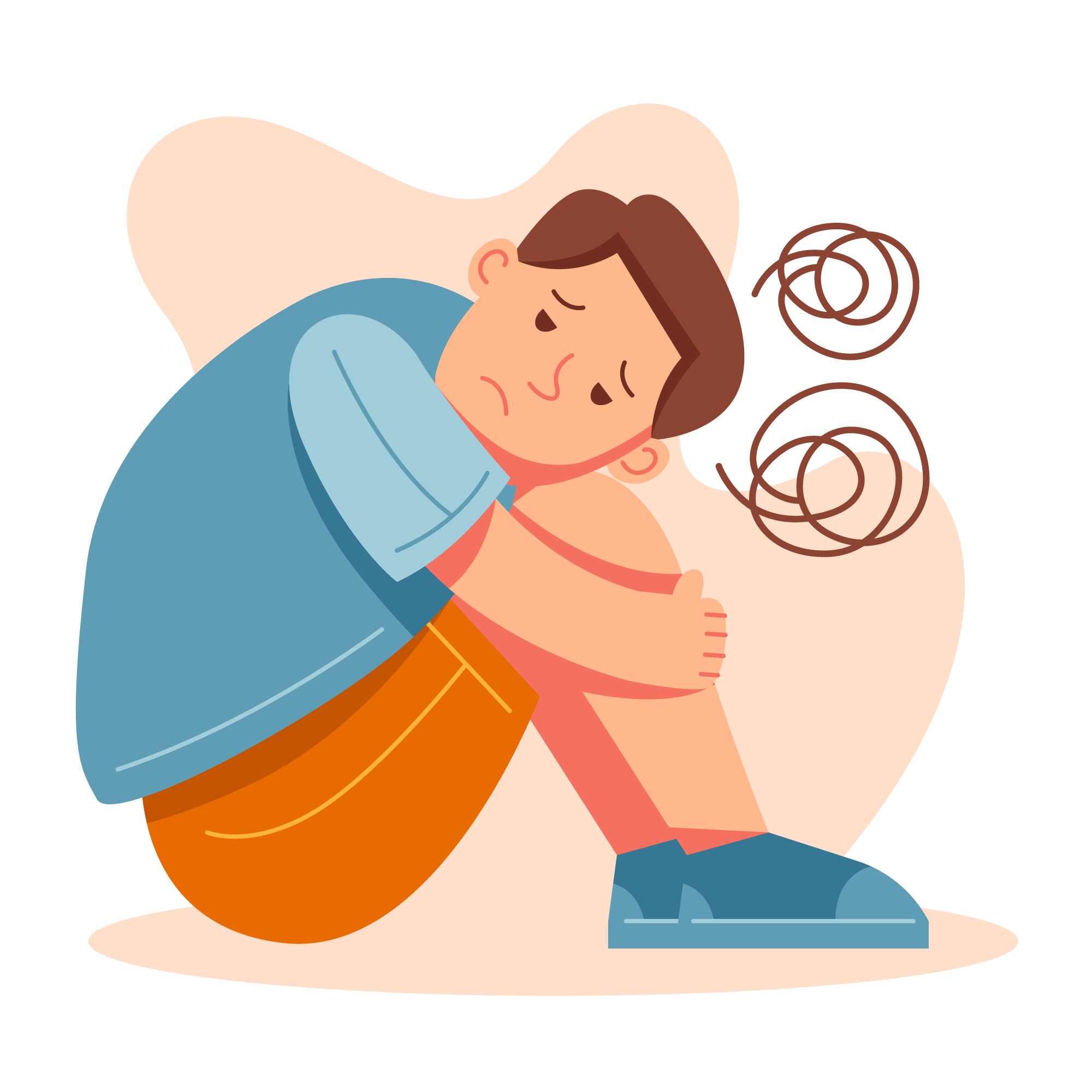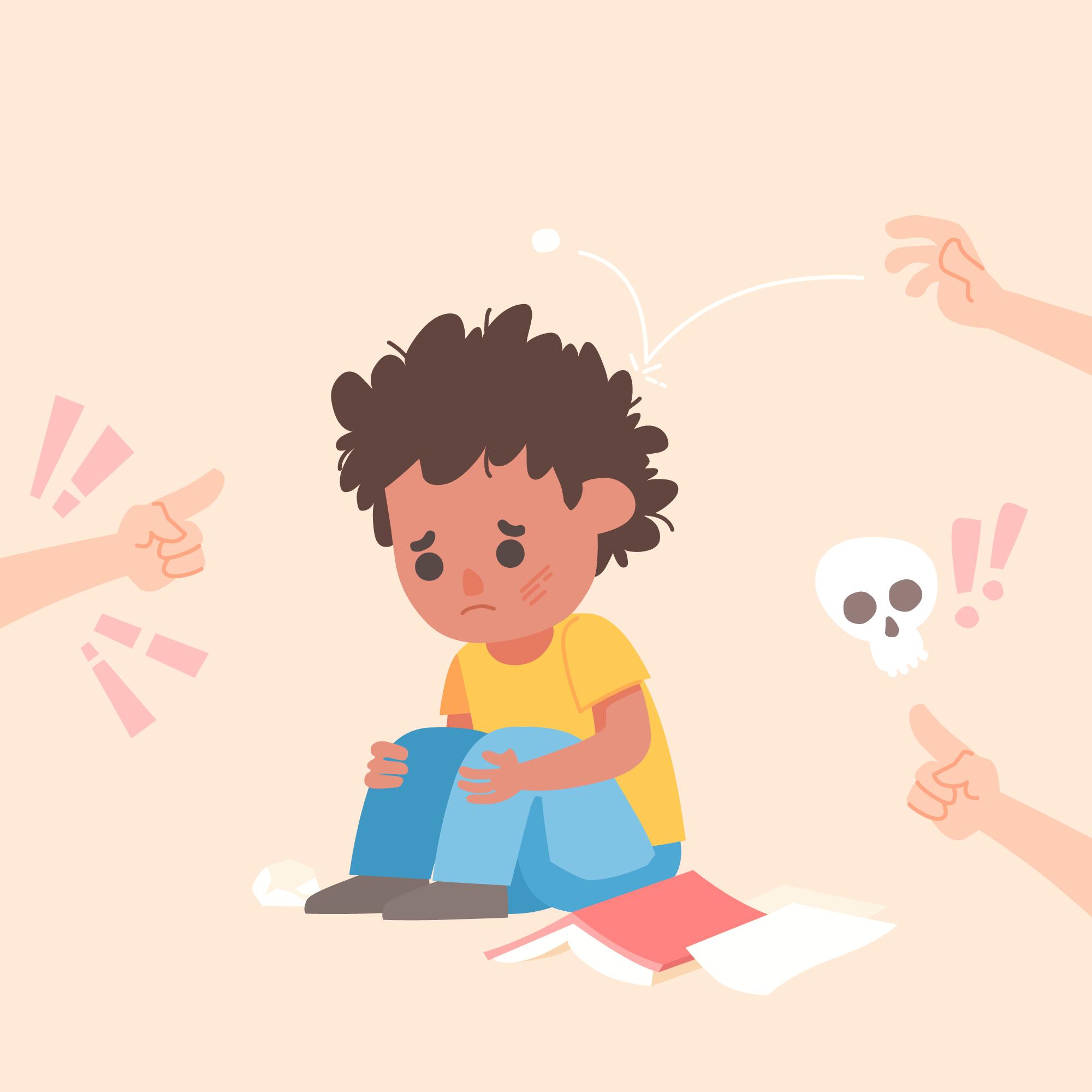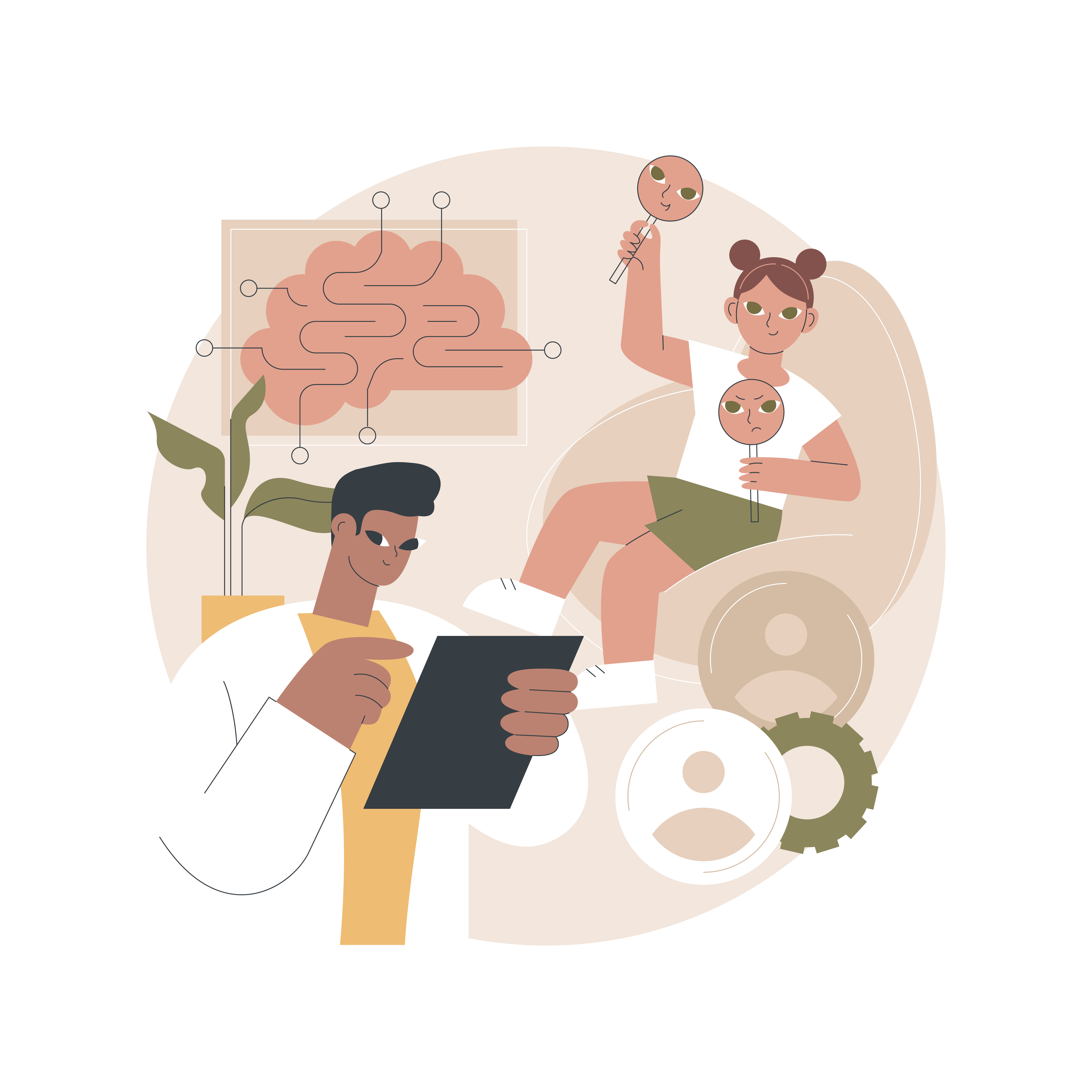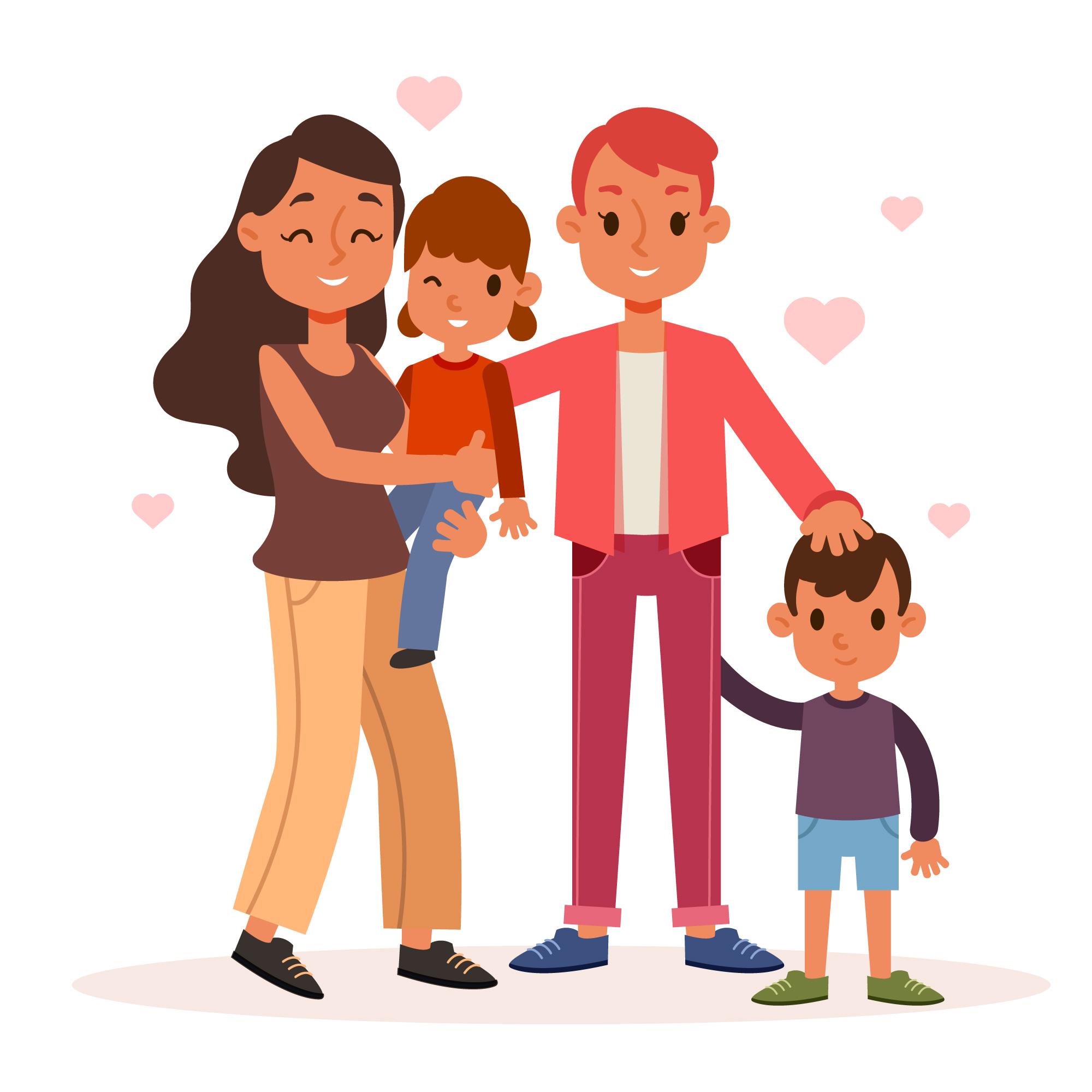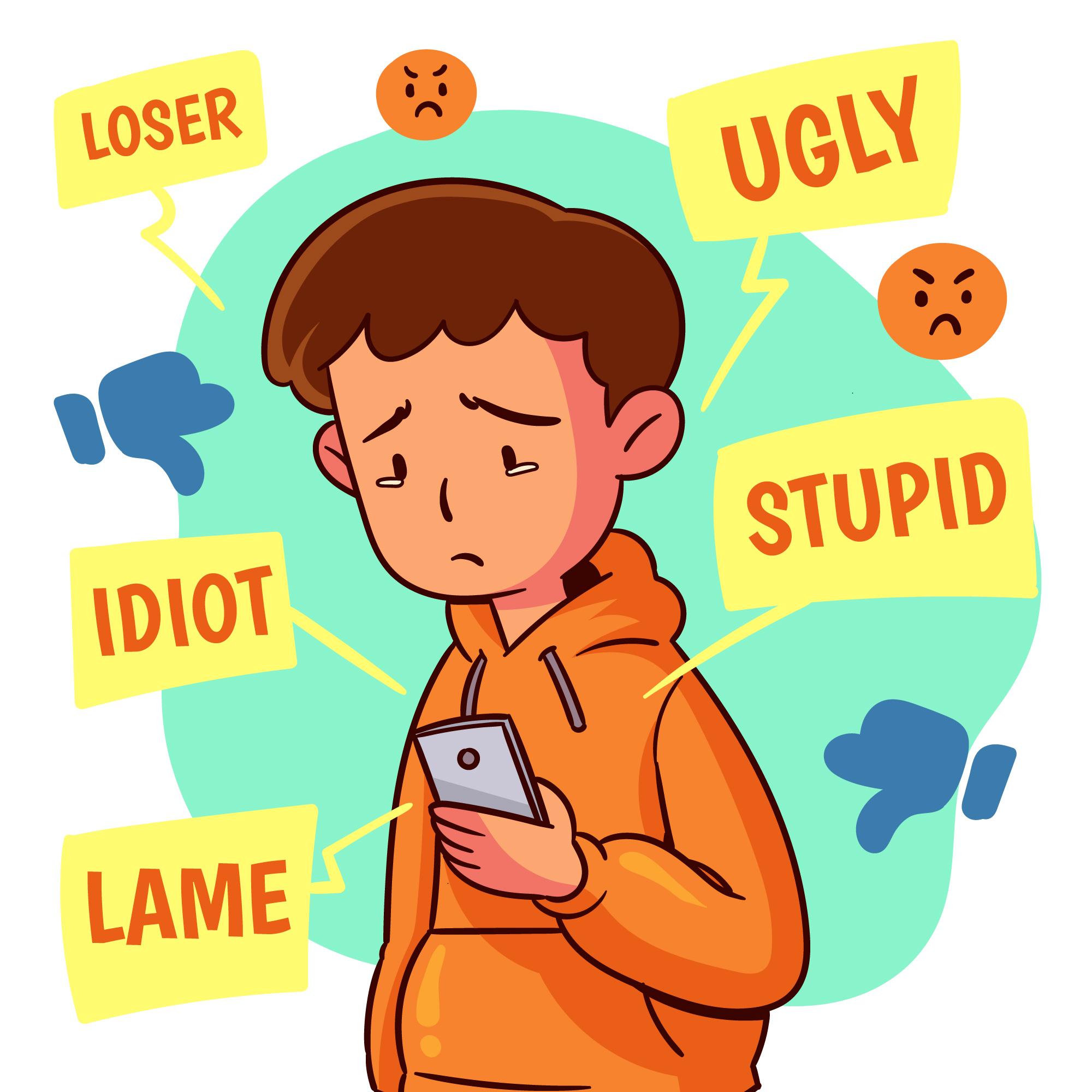We are born with psychological needs and these needs find expression throughout our lives. Some of our psychological needs include but are not limited to: belonging, connection, love, acceptance, nurturance, encouragement, compassion, freedom, limits, boundaries, self-expression, autonomy, stability, safety, identity, competence, spontaneity etc.
The extent to which our psychological needs were met during our childhood developmental years plays a central role in our psychological development. Having psychological needs met plays an important role in the healthy development of relationships, identity and well-being. If our psychological needs are not met or frustrated during childhood we may develop unhealthy thoughts, feelings and behaviours.
